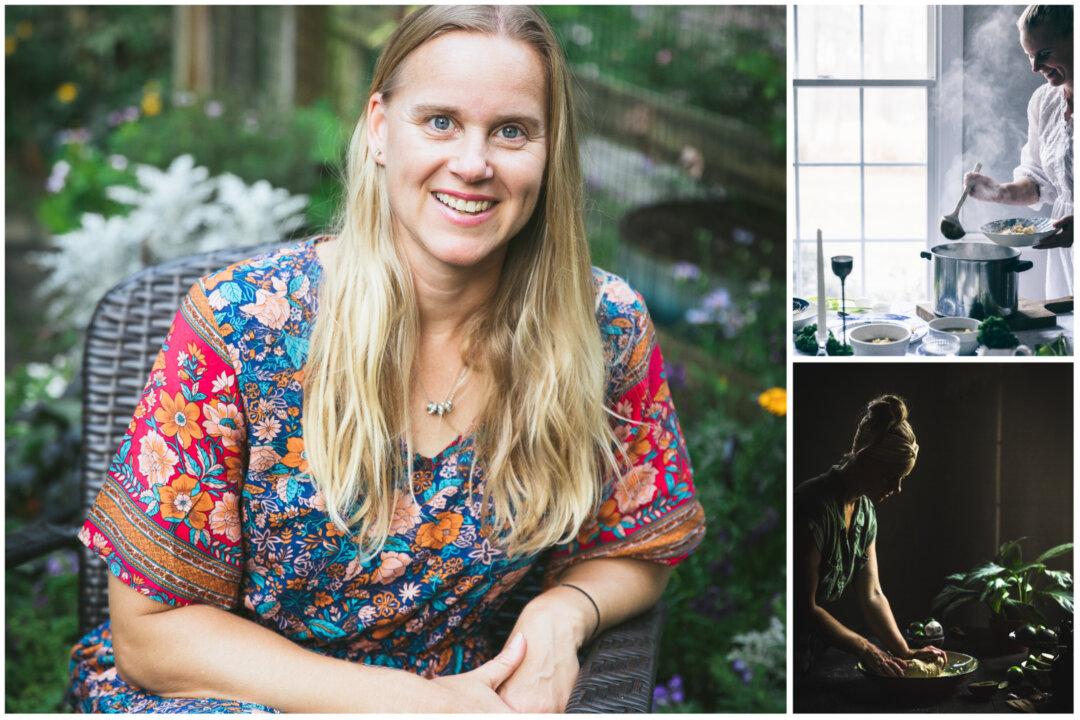Food, according to Becky Hadeed, is nothing short of a daily miracle.
The photographer and creator of “The Storied Recipe” podcast has long been fascinated by humanity’s relationship with it.

Food, according to Becky Hadeed, is nothing short of a daily miracle.
The photographer and creator of “The Storied Recipe” podcast has long been fascinated by humanity’s relationship with it.